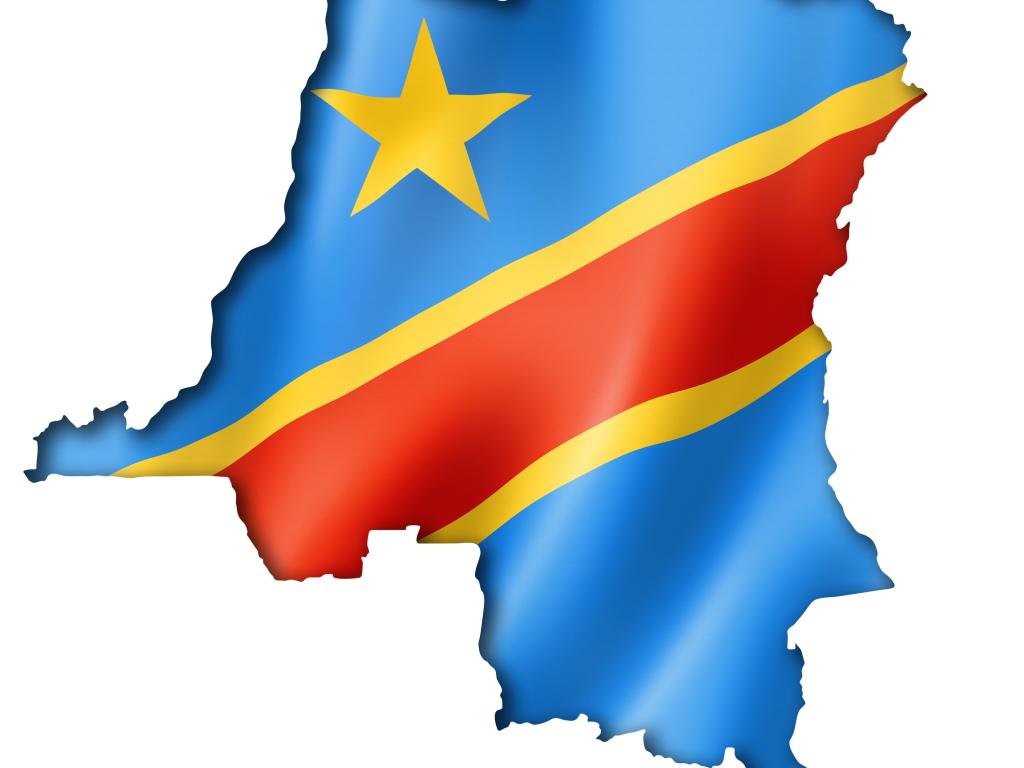Transforming the DRC mining industry through stronger public-private partnership

As one of the world's largest producers of industrial diamonds, the Democratic Republic of Congo (DRC) is potentially one of the richest mining countries in Africa. Even though the country’s post-colonial mining industry is still young, more can be done to realise its mineral wealth potential, thereby assisting in addressing the country’s present socio-economic challenges. After multiple political conflicts that erupted in the 1990s, the DRC is still recovering from the subsequent economic slump. To harness its potential, mining companies have argued that a stronger relationship between the government and the private sector stakeholders needs to be forged.
The already fragile relationship between the government and mining companies was further weakened in 2015, when government proposed several changes to the Mining Code,[1] without accommodating the needs of the mining industry. One of the propositions was the increase of tax rates from 30% to 35%. The return for investors would have been reduced considerably, aggravating the unfavourable circumstances for investment caused by the prevailing low commodity prices and energy shortages. The revised code’s flaws were soon recognized and subsequently withdrawn.
In June 2017, the government announced its decision to initiate its review of the mining code once again.[2] Fostering a stronger relationship between the government and mining companies would require including mining companies in the revision process. It is maintained on behalf of the private sector that if the Mining Code is properly revised, it could pave the way for a sustainable mining industry realising long-term growth and profitability for the industry.
However, concerns have been raised by private stakeholders that there is, once again, a lack of transparency in the government’s consultation processes. Instead of an open debate about the proposed changes, the government seems to be operating from a pre-determined (and non-negotiable) position. The government, for instance, does not seem willing to discuss its independent decision to increase taxes on companies’ profits, the government’s stake in new mining projects, and royalties for copper and cobalt. This could pose a risk to present and future mining investments, as their exclusion from the consultation process leaves their interests unvoiced and renders them susceptible to any novel changes that the government proposes.
In addition to consulting and cooperating regarding legislative reforms, a successful partnership also means that all partners abide by their particular responsibilities. Rand Gold Resources, a company that has been operating a gold mine in the northeast of the country for some time, has articulated the key expectations it has for government. The government should strive to foster a politically stable environment that will be conducive to long-term profitability and sustainability of the mining sector. Not only must the implementation of appropriate, investor-friendly legislation be prioritised, but also the infrastructural development of the energy sector must be supported. This is because the energy generating plants in operation do not have sufficient capacity to produce the power required by the growing mining industry. Rand Gold Resources has furthermore emphasised the importance of building the administrative capacity to manage the DRC’s resource inventory effectively.
Similarly, the private sector has its own set of duties to uphold. Rand Gold has committed to the sustainable exploration of profitable gold deposits. Such sustainability is achieved by having a consistent strategy that is maintained from the point of discovery of gold deposits through to their development into profitable mines. Throughout this process, the focus is not to exploit the resource untenably, but rather to unlock mineral wealth for long-term benefit.
Equally important is that the private mining sector must commit to the upliftment of local nationals. By facilitating skill acquisition and creating employment opportunities for DRC citizens, mining companies contribute towards achieving government’s goal: that DRC mines are operated by DRC people. The government has already indicated its prioritisation of its commitment to realising this objective by adopting a new law relating to the subcontracting of activities. The new provision prohibits mining companies from subcontracting their activities to foreign companies. Only companies incorporated in DRC, with Congolese share capital and “promoted” by Congolese may act as subcontractors. The law has not been received well as it imposes an additional burden on contractors and their subcontractors, and has the potential to result in delays, increased costs and higher demands from mining authorities. Furthermore, the law is not only applicable to mining companies but also companies involved in the power supply and infrastructure projects in other sectors, which will also indirectly affect the mining industry.
In spite of the mentioned legislative intervention and lack of cooperation between the public and private sector, investor confidence in the DRC’s mining sector is still evident. A strong South African presence at the DRC's mining week in June this year indicates a keenness to invest. A large number of South African companies, all leading players in the South African mining and energy sectors, frequented the annual mining week in an effort to enhance their presence in the region and to foster partnerships with Congolese mining companies. Significant South African interest is further evidenced by the South African Capital Equipment Export Council’s[3] plan to establish a business centre in Lubumbashi, the central hub of the mining province Katanga, to help South African companies to conduct their business in the DRC.
The country’s abundant mineral resources, including copper, diamonds, gold, cobalt and zinc amongst others, speak to the possibility of significant foreign investment. If and when successful, it could reform the DRC’s economy that is presently agriculture-centred, creating new livelihood prospects and upliftment for local nationals. Achieving success, however, is dependent on the development trajectory of the young mining sector. To ensure that its potential to be a continent-leading industry is not smothered, there must be a long-term partnership between government and private sector based on mutual beneficiation and inclusive discussion.
Written by Laura-Anne Wilson
